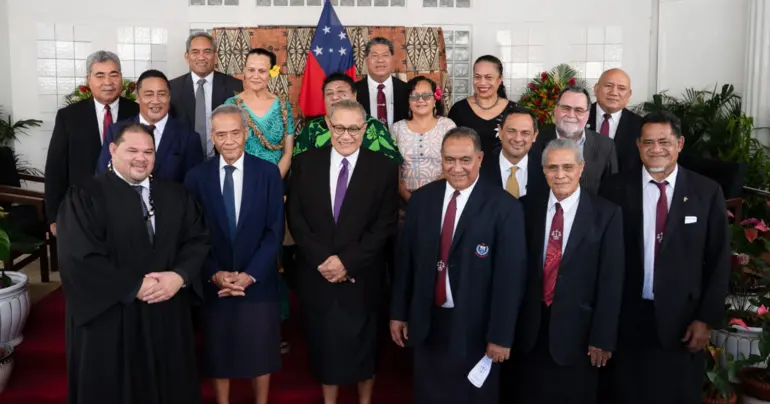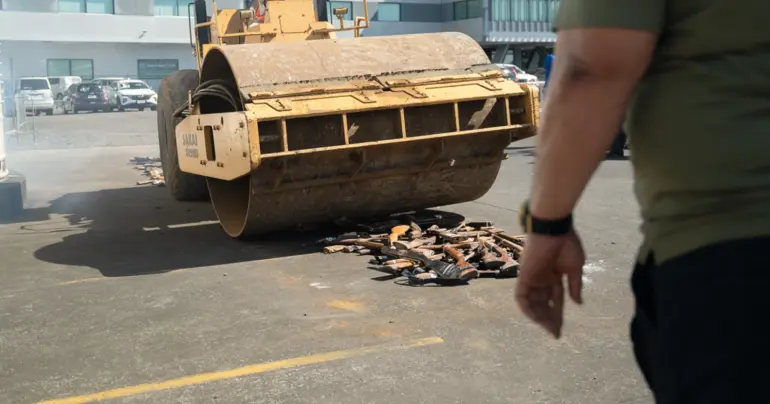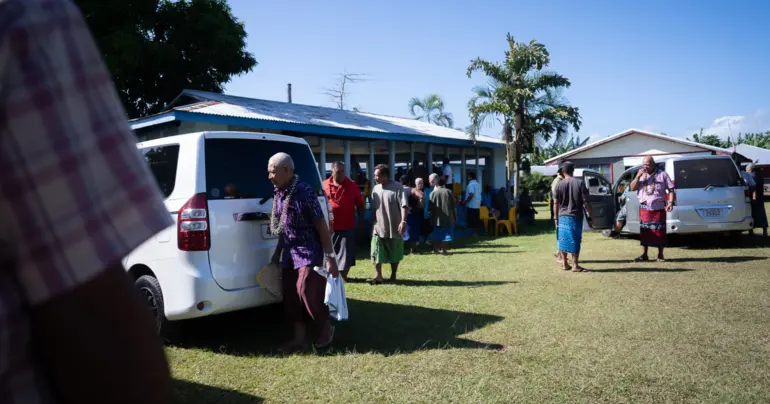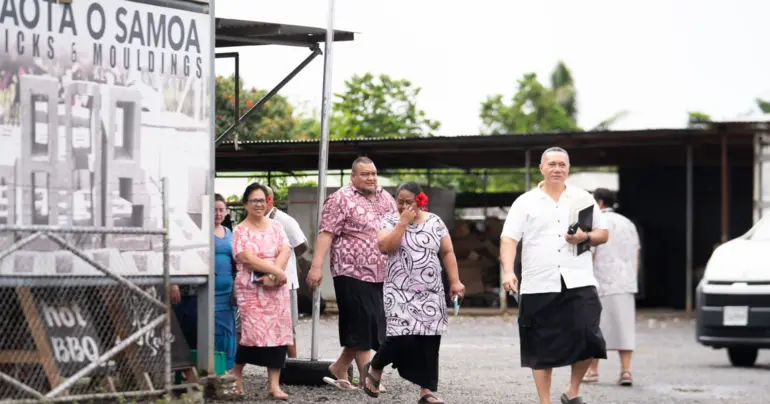A big difference between discipline and brutal beating
It is very common for people to mistake a brutal beating for discipline. It happens daily when the parents of a ‘cheeky’ child discipline him or her. This particular act involves punches, kicks, objects being thrown at a child, or the use of a stick or iron rod. It is nothing new because the child was ‘cheeky.’
An overdose of punishment where one slap would have done the trick. Some parents are doing this because this is the way they were disciplined and they believe that this is the way to do it. This phrase has become a cliché and has been over-used but it has to be said – there is a ‘culture of violence’ within the family system.
Earlier this month, a 39-year-old man was jailed for four years for beating his son to death. Murder was not his intention. No parents would want to kill their child. He got up because the child was being ‘cheeky’ and he needed to be taught a lesson.
The first slap where the boy fell should have been enough but discipline in Samoa does not end there. The man continued the violence by picking up a broom and continued to hit the child with the final blow on his head. The child died a week before Christmas in 2022.
There was an incident last year when a woman threw a rock at a child which resulted in the death of another because her aim was not on par. There are many such cases.
What is it that drives parents to discipline a child so brutally? There have also been cases of badly bruised children with broken arms or legs because he or she was disciplined. There are some instances when sisters have been disciplined by brothers for talking to boys.
Why does this culture exist? Is this culture of discipline the reason why the number of children running away from their homes is increasing? Does this have any link to the way things are being done in schools, when a group of senior boys discipline the ‘cheeky’ students? There seems to be. A study into this type of behaviour will show a link. Remember charity begins at home.
Some argue that the Bible says “Spare the rod, spoil the child”. The verse reads, “He who spares the rod hates his son, but he who loves him is diligent to discipline him.”
It is time to demarcate what discipline is. The difference between brutal beating and discipline should be made. Samoa is a signatory to international treaties which aim at ending violence against children but sadly the laws do not reflect that.
Nor does the action of the government, the village councils or the churches reflect that.
A global movement to end violence against children, now known as End Corporal Punishment, is not convinced Samoa has undertaken the necessary legal reform to achieve “full prohibition” of corporal punishment.
In its country report for Samoa, dated March 2022, it said “Prohibition is still to be achieved in the home, alternative care settings, daycare, and schools”. It then refers to Samoa’s Article 14 of the Infants Ordinance 1961.
“The right of any parent, teacher, or other person having the lawful control or charge of a child to administer reasonable punishment to such child,” reads the legal provision.
According to End Corporal Punishment, that legal provision is “near-universal acceptance of a certain level of violence in childrearing, which “means that in the absence of explicit prohibition, corporal punishment would be seen as “reasonable”.
But the bigger skeleton in the closet for Samoa is Article 14 of the Infants Ordinance 1961, whose existence in the country’s legal statutes means corporal punishment of some form or kind will continue to pervade society to the detriment of our children.
End Corporal Punishment has called for the total abolition of that provision: “This provision should be explicitly repealed, so that there is clarity in the law that no degree or kind of corporal punishment can be considered ‘reasonable’ or lawful, and prohibition should be enacted of all corporal punishment of children by all persons with authority over them.”
We understand this issue was raised at Samoa’s Universal Periodic Review during the 39th session in 2021. This is a good time for the Attorney General’s Office to give us an update on where the country currently is in making corporal punishment unlawful, in line with the undertaking that the Samoa Government has given before the United Nations Committee on the Rights of the Child.
While that is the responsibility of the lawmakers, the change has to start from home. When a child is disciplined without violence he or she is less likely to display violent behaviour in the future.
Break this ‘culture of violence’, and save our children from mental and physical anguish.











